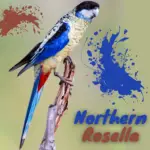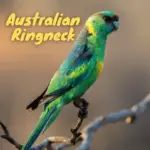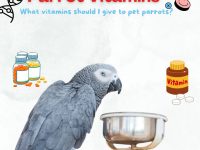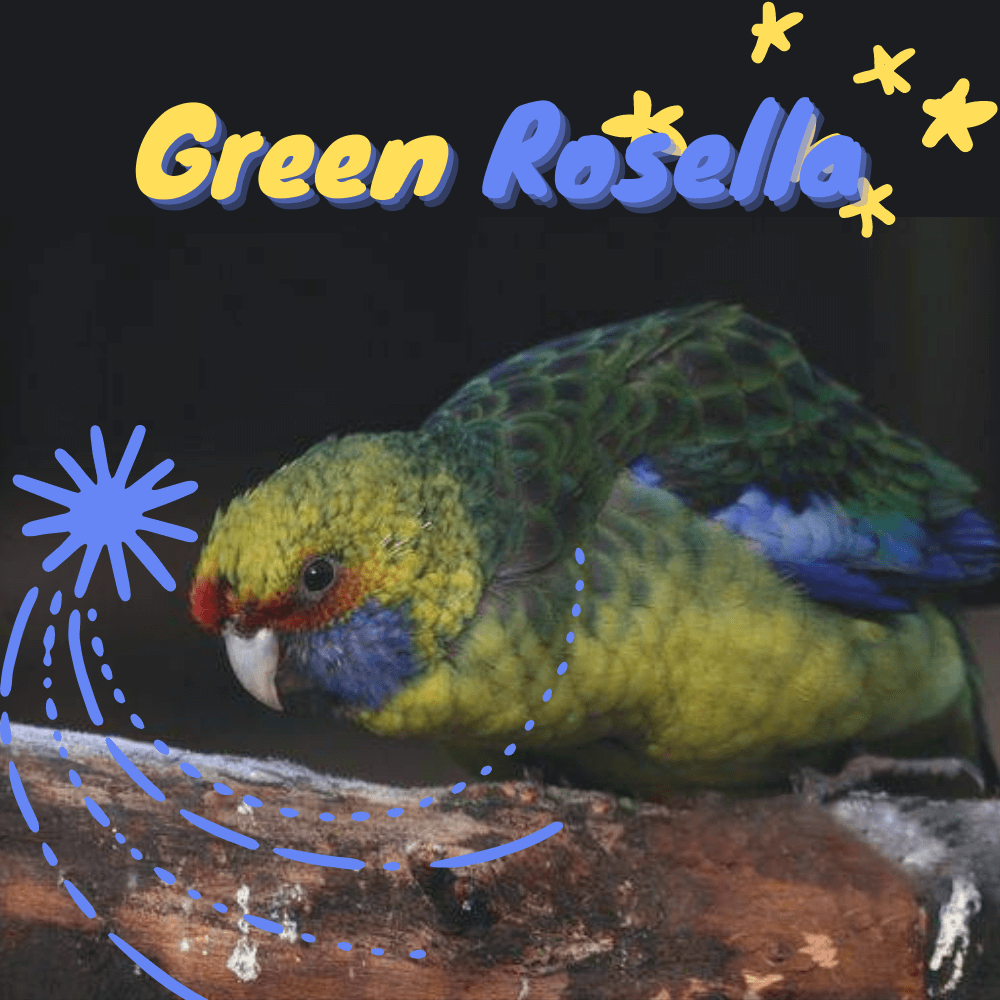
Green Rosella 36 cm; 90–165 g. Bill whitish, broad frontal band red, lower cheek and chin grey-blue; rest of head yellow, mottled black on nape;
upperparts and tail dull green, with lighter edges on mantle and scapulars creating a vague scaled effect, and with pale grey-blue on wing coverts outer edges of primaries, and outer tail feathers;
underparts yellow sometimes washed orange, and with orange flecks around the vent. Green Rosella Female smaller, usually with orange around the throat. Immature mostly dull green.
Systematics History
Proposed race brownie (from King I), of which flaviventris a junior synonym, considered too poorly differentiated to warrant recognition. Monotypic.
Subspecies
Monotypic.
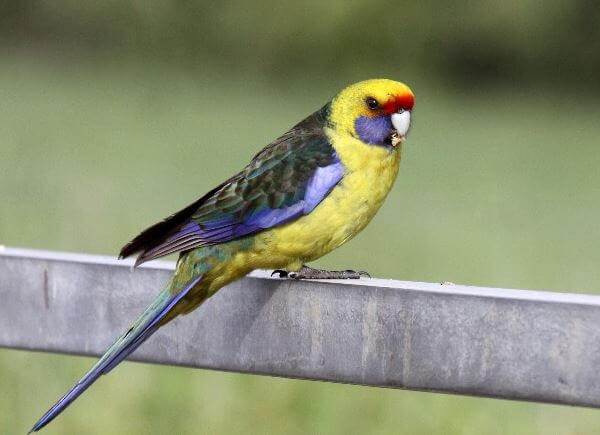
Distribution
Tasmania and larger Bass Strait islands (King I, Flinders I).
SOURCE: Mike Grant
Habitat
All wooded habitats within range are used, green rosella bird penetrating urban areas and visiting orchards and gardens, but the chief habitat is sclerophyll forest and savanna woodland; on Hunter, I, apparently prefers rock-strewn gullies.
Movement
Sedentary; birds in higher areas presumably descend to lower-lying areas in winter, although presence in winter near summits has been recorded. There is evidence of former wandering by flocks of immatures.
Diet and Foraging
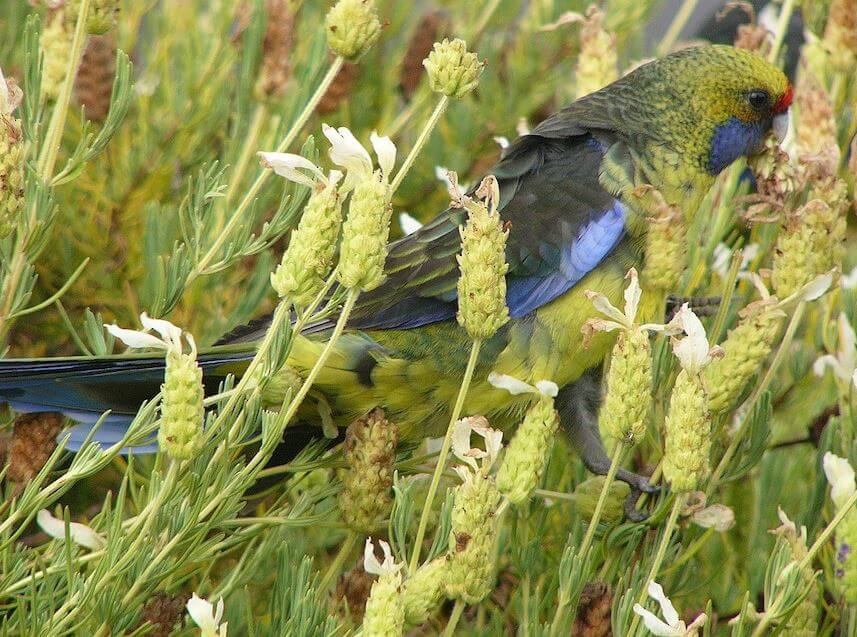
green rosella Seeds of eucalypts, myrtle, sassafras, Acacia dealbata, Senecio linearifolius, Rumex, Solanum, Pimelea, and other trees, shrubs, and grasses;
berries of Coprosma and Cyathodes shrubs at higher altitudes, and of hawthorn Crataegus in winter; leaf-buds of Salix viminalis. Schedotrioza psyllids and insect larvae were also taken.
Sounds and Vocal Behavior
Flight call is a bisyllabic plaintive metallic “keep!-uh”. When perched, also utters low-pitched nasal whining notes, e.g. “ah” or “nyah”, a series of somewhat bell-like notes, and subdued whistles and squeaks.
SOURCE: Birds of the Huon Tasmania
Breeding
Sept–Feb. green rosella Nest in hollow limb or hole in a tree, usually a eucalypt, but also in walls of remote decayed buildings and in one (failed) case when no suitable hollows available the disused nest of a passerine. green rosella Eggs 4–6; incubation lasts 19 days; nestling period c. 5 weeks.
Conservation Status
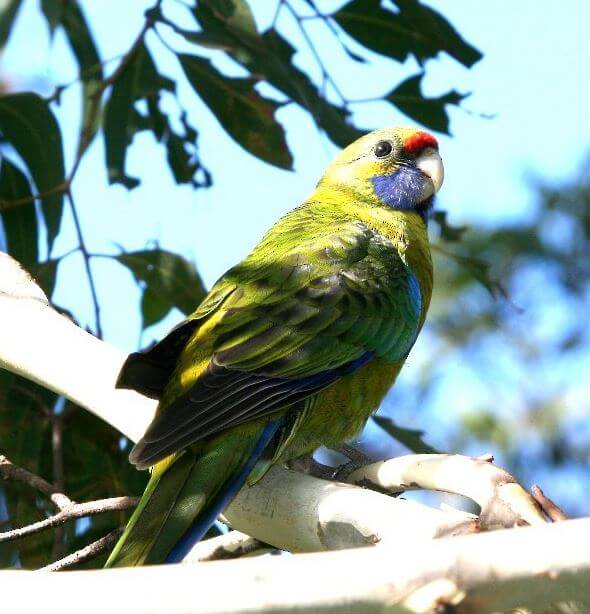
Not globally threatened. CITES II. A BirdLife “restricted-range” species. Common throughout the small range, and only on King I, where much Eucalyptus has been cleared, has there been a significant reduction in numbers.

